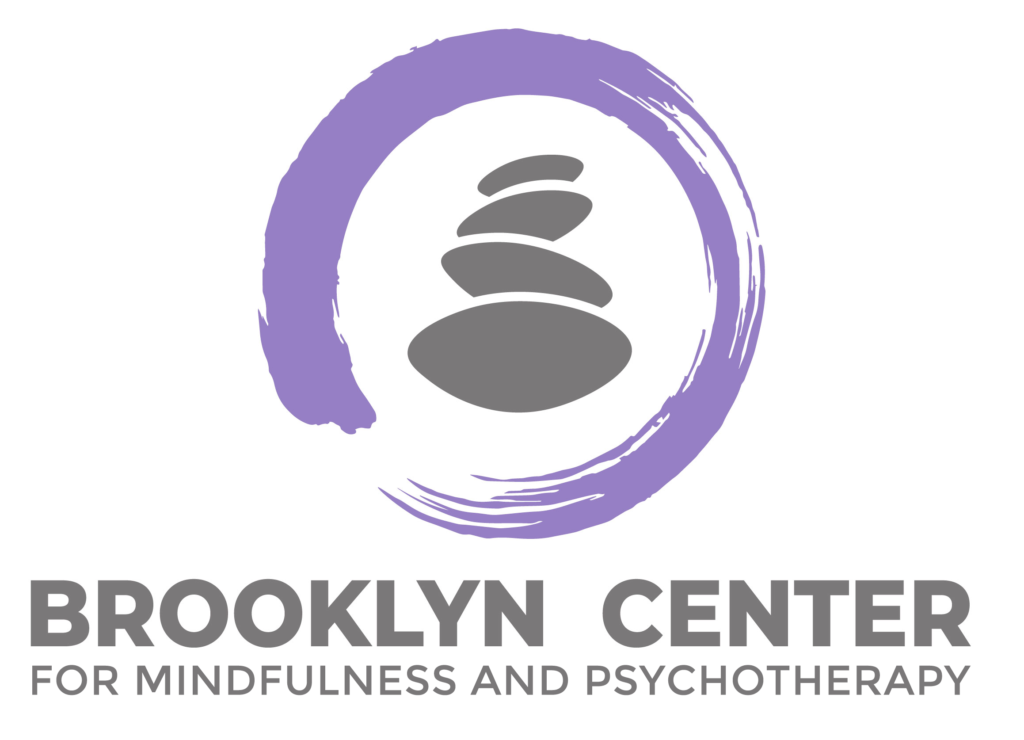The birth of a child is a joyous occasion, but it can also be overwhelming and stressful for new mothers. Perinatal mental health is a term used to describe the emotional and psychological well-being of pregnant women and new mothers. It encompasses a range of mental health issues that can arise during pregnancy, childbirth, and the postpartum period. In this blog, we will dive into what perinatal mental health means, how it affects mother-infant bonding, and why seeking professional help for perinatal mental health concerns is crucial. We’ll also look at some signs and symptoms to watch out for and how you can get help to ensure the best possible outcome for you and your baby.
What is Perinatal Mental Health?
Perinatal mental health refers to the mental health of mothers and fathers during the pregnancy and postpartum periods. It encompasses a range of mental health challenges such as depression, anxiety, post-traumatic stress disorder (PTSD), and postpartum psychosis. Perinatal mental health is crucial as it not only affects the well-being of the parent but also the health and development of the infant.
In New York, there is growing awareness and recognition of perinatal mental health issues. This is evidenced by the increasing number of programs and services available to support expecting and new parents. There are various resources available, such as support groups, counseling services, and online resources, to help parents cope with the challenges of pregnancy and postpartum.
However, there are still barriers to accessing perinatal mental health support in New York, including lack of awareness, stigma, and limited access to services in certain communities. Efforts are being made to address these barriers and promote perinatal mental health awareness and support across the state. Overall, perinatal mental health is a critical aspect of maternal and infant health that requires ongoing attention and investment.

What are the benefits of perinatal mental health?
One of the main benefits of perinatal mental health is improved outcomes for parents and infants. Addressing perinatal mental health concerns can help parents better cope with the challenges of pregnancy and postpartum, leading to improved mental health and overall well-being. Additionally, addressing perinatal mental health concerns can help promote healthy infant development and bonding between parents and infants.
Another benefit of perinatal mental health is the reduction of healthcare costs. Untreated perinatal mental health concerns can lead to complications during pregnancy and childbirth, increased healthcare utilization, and other costs. Addressing perinatal mental health concerns early can help prevent these complications and reduce overall healthcare costs.
Finally, addressing perinatal mental health concerns can help promote equity in healthcare. Certain communities, such as low-income and minority communities, may have limited access to perinatal mental health services. Addressing barriers to accessing perinatal mental health services can help promote equity in healthcare and ensure that all parents have access to the support they need during the perinatal period.
Signs and symptoms of perinatal mental health
Recognizing the signs and symptoms of perinatal mental health concerns is crucial for early intervention and management. In New York, there are various resources available for those experiencing perinatal mental health concerns.
Common signs and symptoms of perinatal mental health concerns include feelings of sadness, anxiety, and irritability. Other symptoms may include changes in appetite, difficulty sleeping, and fatigue. In more severe cases, parents may experience thoughts of self-harm or harm to their infant. It’s essential to note that these symptoms can vary from person to person and can occur during pregnancy or up to a year after giving birth.
In New York, various resources are available for those experiencing perinatal mental health concerns. These include healthcare providers, mental health professionals, and community-based organizations. It’s crucial to reach out for support if you or a loved one is experiencing perinatal mental health concerns. Early intervention and management can help promote better outcomes for parents and infants.
How can you get help for perinatal mental health?
Getting help for perinatal mental health concerns is crucial for managing symptoms and promoting mental wellness during the perinatal period. In New York, there are various resources available for those seeking help for perinatal mental health concerns.
One way to get help is to talk to your healthcare provider, such as an obstetrician, midwife, or pediatrician. These providers can screen for perinatal mental health concerns and provide referrals for mental health services if needed. In addition, there are specialized mental health professionals in New York who provide perinatal mental health services, including individual and group therapy, medication management, and other evidence-based treatments.
Community-based organizations can also be a valuable resource for those seeking help for perinatal mental health concerns. These organizations may provide support groups, educational resources, and other services to help parents cope with the challenges of pregnancy and postpartum. It’s essential to reach out for help if you or a loved one is experiencing perinatal mental health concerns. Early intervention and management can help promote better outcomes for parents and infants.
Seeking Professional Help for Perinatal Mental Health Concerns
Perinatal mental health concerns such as depression and anxiety are common among expecting and new parents. Seeking professional help is crucial for managing these concerns and promoting mental wellness during the perinatal period. In New York, there are various resources available for those seeking professional help for perinatal mental health concerns.
Healthcare providers such as obstetricians, midwives, and pediatricians are often the first point of contact for parents experiencing perinatal mental health concerns. These providers can screen for perinatal mental health concerns and provide referrals for mental health services. In addition, there are specialized mental health professionals in New York who provide perinatal mental health services, including individual and group therapy, medication management, and other evidence-based treatments.
Despite the availability of resources, there are still barriers to accessing professional help for perinatal mental health concerns in New York. These include lack of insurance coverage, stigma, and limited access to care in certain communities. Addressing these barriers and increasing access to perinatal mental health services is crucial for promoting the well-being of parents and infants in New York.

The role of healthcare providers in addressing perinatal mental health
Healthcare providers play a crucial role in addressing perinatal mental health concerns in New York. These providers, including obstetricians, midwives, and pediatricians, are often the first point of contact for expecting and new parents and can play a vital role in early intervention and management of perinatal mental health concerns.
One of the key roles of healthcare providers is screening for perinatal mental health concerns. Routine screening during pregnancy and postpartum can help identify perinatal mental health concerns early, allowing for timely intervention and management. Healthcare providers can also provide referrals to mental health professionals for further evaluation and treatment.
In addition to screening and referrals, healthcare providers can also provide education and support to parents experiencing perinatal mental health concerns. This can include information about self-care strategies, available resources in the community, and how to manage symptoms. By taking a proactive approach to perinatal mental health, healthcare providers can help promote better outcomes for parents and infants in New York.
Conclusion
In conclusion, perinatal mental health can have a significant impact on mother-infant bonding. Perinatal mental health concerns, such as depression and anxiety, can affect a mother’s ability to bond with her infant and may lead to negative outcomes for both mother and baby. At Brooklyn Mindful, they recognize the importance of perinatal mental health and offer evidence-based treatments to support the mental wellness of expecting and new parents in New York. By addressing perinatal mental health concerns early, parents can better cope with the challenges of pregnancy and postpartum, leading to improved mental health and stronger bonds with their infants. Their team of experienced mental health professionals provides individual and group therapy, medication management, and other evidence-based treatments to support the mental wellness of parents during the perinatal period. At Brooklyn Mindful, they believe that perinatal mental health is a vital component of overall maternal and infant health. By providing compassionate and effective care, they strive to promote better outcomes for parents and infants in New York.




